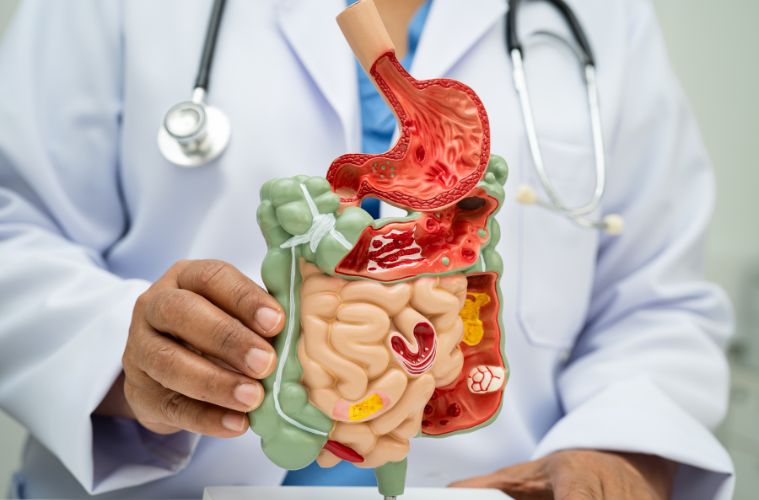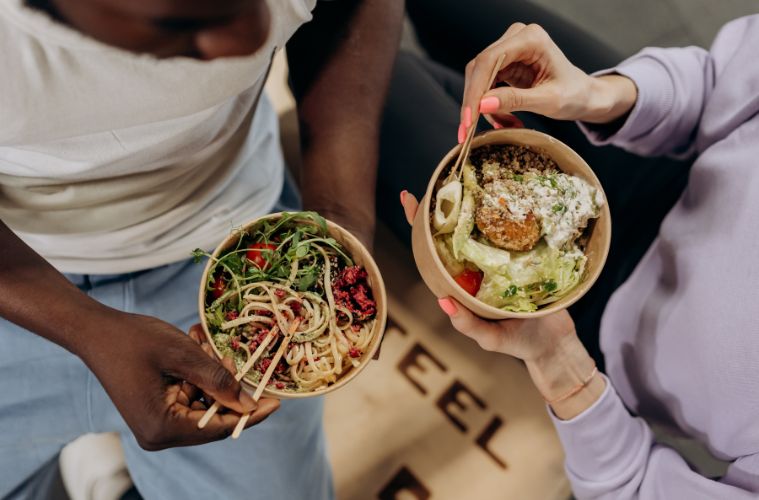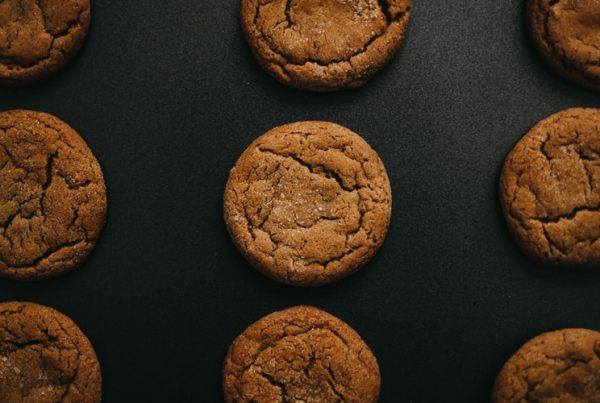Bloating is one of the most common digestive complaints—and one of the most misunderstood. For many, it’s an uncomfortable, frustrating experience that seems to appear without warning. Whether it’s after a meal, in the middle of a busy day, or tied to hormonal shifts, bloating can affect not just physical comfort, but mood, focus, and confidence.
And while there are many causes—from dehydration and food sensitivities to gut imbalances—one of the most overlooked solutions is also the simplest: the right foods.
Certain ingredients actively support digestion, reduce water retention, and soothe inflammation, making them powerful natural tools to prevent or relieve bloating.
The Role of Food in Digestive Relief

Your digestive system is a complex, reactive network. It relies on hydration, enzyme activity, gut bacteria balance, and smooth muscle function to work properly. When one element is off—whether it’s too much sodium, too little fibre, or excess gas-producing foods—bloating can quickly set in.
That’s where anti-bloating foods come in. These aren’t trendy or expensive ingredients. In most cases, they’re whole, plant-based, fibre-rich foods that help your body do what it’s designed to do: digest, absorb, and eliminate efficiently.
Natural De-Bloaters: What They Do and Why They Work

Some foods act as natural diuretics, helping the body release excess water. Others are high in potassium, which balances sodium and prevents water retention. Still others contain enzymes that break down complex carbohydrates or proteins, making digestion smoother and more efficient.
Many also contain polyphenols, flavonoids, or prebiotic fibres—compounds that feed healthy gut bacteria and reduce internal inflammation. This supports not only digestion but overall gut health, which is closely linked to bloating and long-term digestive comfort.
Examples of these de-bloating foods include:
- Cucumbers and celery (hydrating and anti-inflammatory)
- Ginger and peppermint (soothe intestinal muscles)
- Pineapple and papaya (contain digestive enzymes)
- Bananas (rich in potassium and gentle on the stomach)
- Fermented foods like yogurt and kimchi (promote healthy gut bacteria)
What makes these foods effective isn’t just their nutrients, but how they interact with your digestive system as a whole.
Timing and Habits Matter Too

Even the best anti-bloating foods won’t help if eating habits work against digestion. Eating too quickly, skipping meals, consuming too much caffeine, or eating while distracted can all contribute to bloating, regardless of food choices.
For optimal results, pair anti-bloating foods with mindful eating: chew slowly, stay hydrated, and pay attention to how different meals make you feel. Small, consistent adjustments often produce better long-term results than drastic overhauls.
Final Thoughts
Bloating isn’t just about discomfort—it’s a signal from your body that something is off. The solution doesn’t always lie in elimination diets or supplements. Sometimes, it’s as simple as reintroducing foods that naturally support digestion, hydration, and gut balance.
By focusing on whole, functional ingredients that work with your body—not against it—you create a foundation for a calmer, more consistent digestive rhythm.
In the long run, that kind of balance matters more than any quick fix.







